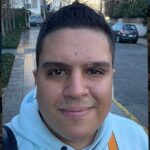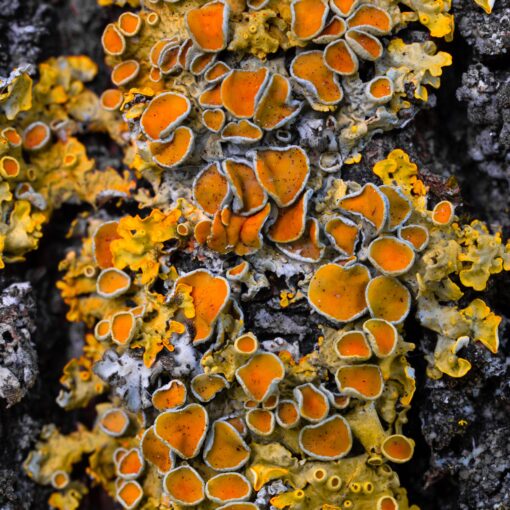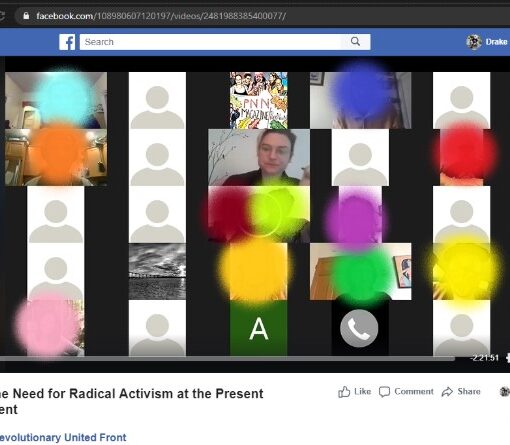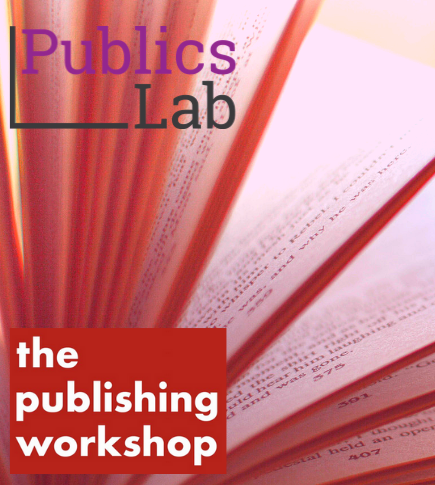
In the winter of 2021, I began to seriously consider the idea that I needed to find a job –– and not one of the exploitative and underpaid adjunct teaching jobs many of us grad students have. At the time, I was going through one of the most stressful and financially unsustainable moments of my PhD training: my Graduate Center Fellowship was ending the following summer, and I knew that my institution didn’t provide students with additional financial support, even though for many of us, COVID had been both a personal tragedy and a professional disaster. I wanted stability, which meant not depending on semester-long teaching contracts or small research grants.
I began the job search process in the Fall 2021 semester. I am not going to lie: it was very time-consuming. It entailed preparing a search plan, identifying positions that aligned with my administrative experience, and translating the skills I have gained in my years of experience at the Graduate Center for other types of roles. For example, I am well-versed in engaging in theoretical discussions in the classroom, both with my peers and with undergraduate students. This strength breaks down into many different skills in a workspace: synthesizing complex information, engaging in public speech, facilitating discussions, and many others. I present this example because our training as graduate students and scholars in many cases makes these skills invisible to us.
In this post, I will present a few recommendations and ways in which this process can be insightful, productive, and successful for you. In my case, I was looking for full-time and part-time opportunities that were adjacent to academic administration, and this focus helped me when narrowing which jobs and institutions were a good fit for me. Your search may be similar or it may be quite different. This is not a “one size fits all” approach, but I hope that the perspective of someone who went through this recently can help demystify the process.
#1- Include projects, fellowship awards, grants, & scholarships you have received. When crafting, reorganizing, or editing your resume, it is important not only to let the people in the search and hiring process know that you have received those awards, but also to demonstrate what you did with those awards: was the fellowship for a research project? Was it a travel grant to present your findings in a conference? Was it a scholarship to create or produce a report? Examples, in my case were:
Fellowship in Applied/Public History (Center on Philanthropy and Civil Society – Graduate Center, CUNY) – awarded to conduct archival research at the Rockefeller Archive Center
Provost’s Digital Innovation Grant (Office of the Provost/Digital Initiatives) – awarded to participate in a workshop on qualitative analysis software and digital research methods.
#2- The Office of Career Planning & Professional Development at the CUNY Graduate Center is an excellent (excellent!) resource – Request an appointment with a Career Advisor at the very beginning of the process. They are available to talk to you about your career interests, assist you with your resumé/cover letter drafts, and help you translate your graduate school training into skills, and experiences that you will include in your resume. Remember to bring drafts of your resumé and cover letters, the job ad with the description, and any other helpful information on the positions you are interested in applying for. This will help a lot when talking with your career advisor about your applications and your goals in the job search process.
#3- Do your homework and contact people who are in that line of work. Research the organizations that you are interested in applying to. Your genuine interest will show during your interview in how you respond to their questions. It is also always helpful to talk to people who work in roles that are similar to the ones you’re interested in. Try to schedule brief (20-30 minute) informational interviews with them. This will give you insight about the daily routine at the work, the hiring process, and the skills they use and apply in the field.
#4- Organize yourself with a Spreadsheet – this will help you keep track of the jobs you have applied for and the closing dates of the job posting, among other important information. Here is a link [docs.google.com] with the model I created and used for my own job search process. Yours might look different, but this is a good place to start.
#5- Keep in mind that this is a learning process. I applied for 32 jobs, interviewed for 9 of them, and received 3 offers. People often only talk about the successful part of the process, but they don’t mention the more difficult aspects, namely, the inevitable rejections. It was a very hard process, but it was a learning opportunity for me. Each interview was an opportunity to demonstrate my skills and share my experiences, and at the same time, observe and decide if I was a good fit for that opportunity. You will learn, grow, and find something that is fruitful, and aligned with your current and/or future goals!
As I mentioned before, I accepted a job opportunity that aligned well with my skills. It allows me to work remotely while gaining experience in an academic adjacent job in research administration. I currently administer a government-funded project awarded to an academic institution with a research team that includes faculty, college administrators, researchers, and external evaluators. This job involves project management, preparing communications, coordinating team meetings, keeping track of budget expenses, and onboarding staff, along with collaborating with and establishing relationships between student participants, faculty, and internal/external stakeholders.
The satisfaction of applying the skills I have honed in research, teaching, public-speaking, and administration presented me an opportunity to transition to an academic/research administration career. It was one of the best decisions I have made during my PhD training, and I would encourage anyone at any stage of their graduate studies to give themselves the opportunity to explore outside the [academic] box.
 Joseph A. Torres-González (He/Him/His/Él) is a Ph.D. student in Anthropology at the CUNY Graduate Center. He holds a master’s degree in Anthropology and Latin American Studies, from the University at Albany, SUNY. Joseph has been a Library of Congress Junior Fellow (2021), a research assistant at the CUNY School of Public Health, and a MAGNET Fellow with the CUNY Pipeline Program. Joseph is an Andrew W. Mellon Transformative Learning in the Humanities (TLF) Faculty Fellow (Cohort 4, Fall 2022) and a Co-Principal Investigator with Dr. Mila Burns (Associate Director, CLACLS-GC) for a project funded by the Andrew W. Mellon Foundation for the CUNY BRESI (Black, Race, and Ethnic Studies Initiative) to design a fully online Certificate in Latino Studies program at Lehman College. His research interests are located food studies, history and anthropology, political economy, and popular culture. Most recently, he participated in the School of Latin American Development Studies at the United Nations, in Santiago, Chile. Joseph is a Graduate Student Researcher at the New Media Lab, works as a Project Administrator at the CUNY Research Foundation, and teaches at the Department of Latin American and Latino Studies at Lehman College, CUNY.
Joseph A. Torres-González (He/Him/His/Él) is a Ph.D. student in Anthropology at the CUNY Graduate Center. He holds a master’s degree in Anthropology and Latin American Studies, from the University at Albany, SUNY. Joseph has been a Library of Congress Junior Fellow (2021), a research assistant at the CUNY School of Public Health, and a MAGNET Fellow with the CUNY Pipeline Program. Joseph is an Andrew W. Mellon Transformative Learning in the Humanities (TLF) Faculty Fellow (Cohort 4, Fall 2022) and a Co-Principal Investigator with Dr. Mila Burns (Associate Director, CLACLS-GC) for a project funded by the Andrew W. Mellon Foundation for the CUNY BRESI (Black, Race, and Ethnic Studies Initiative) to design a fully online Certificate in Latino Studies program at Lehman College. His research interests are located food studies, history and anthropology, political economy, and popular culture. Most recently, he participated in the School of Latin American Development Studies at the United Nations, in Santiago, Chile. Joseph is a Graduate Student Researcher at the New Media Lab, works as a Project Administrator at the CUNY Research Foundation, and teaches at the Department of Latin American and Latino Studies at Lehman College, CUNY.







